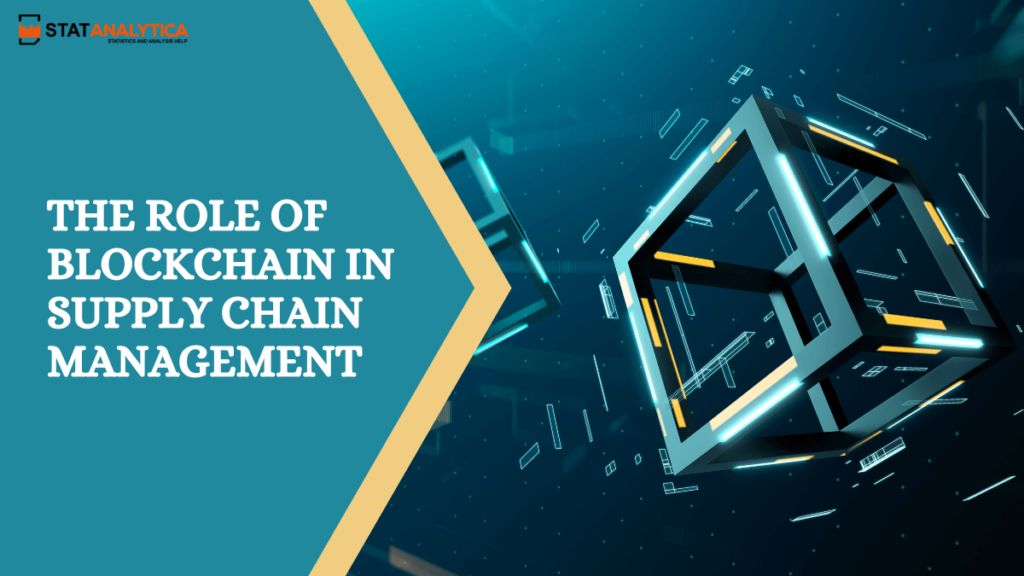Blockchain, the technology behind cryptocurrencies, is best known as a secure and verifiable way to record transactions. But its potential goes beyond money. Blockchain could be used to track every step in a product’s journey: from its raw ingredients through manufacturing and shipping, all the way to its final destination in stores or homes. Recently we’ve seen several companies testing this idea out. For example, Walmart recently announced it would use blockchain to track lettuce and pork products; Nestle has filed patents related to blockchain-based supply chains; and Coca-Cola has been experimenting with blockchain since August 2018 (and is even working on an ICO). If you’re interested in learning more about how these large companies are using blockchain technology within their supply chains—or if you’re just curious about what role it might play in your own future—you’ve come to the right place!
What is blockchain?
Table of Contents
Blockchain is a distributed ledger that maintains a continuously growing list of transactions. It’s an ever-expanding chain of blocks, or records, each of which contains information about a particular transaction and is linked to the previous block in the chain.
Blockchains are secured by cryptography, which prevents unauthorized parties from altering or viewing data on the network without permission from its owner – even if they have enough computing power to do so. Because blockchains are decentralized systems (meaning there’s no central point of control), all participants must agree on any changes made to data stored within them before those alterations can be accepted by other users in real time.
One of the notable aspects of blockchains is their ability to facilitate the exchange of various digital assets. For example, you can use blockchain networks to exchange assets like GALA to BNB or vice versa, enabling a secure and transparent transfer of value. This functionality has led to the development of various decentralized exchanges where users can trade different cryptocurrencies and tokens directly from their wallets, without the need for intermediaries.
The Role of Blockchain in supply chain.
Blockchain, the technology behind cryptocurrencies such as bitcoin, is a distributed ledger. It can be used to track the movement of goods from one location to another and provide transparency in supply chains. Blockchain technology provides an immutable record of transactions that cannot be altered or deleted; this makes it ideal for tracking products through complex supply chains where many stakeholders are involved.
Moreover, blockchain technology enables secure and transparent transactions not only for physical goods but also for digital assets like cryptocurrencies. For instance, if you want to exchange Bitcoin (BTC) for Ethereum (ETH), blockchain technology facilitates this process through secure and verifiable transactions. This functionality offers greater flexibility and control to cryptocurrency users, allowing them to diversify their digital assets and engage in various blockchain-based activities such as BTC to ETH exchanges.
Understanding supply chain management.
Supply chain management is the process of planning, implementing, and controlling the efficient flow of materials, information, and finances from the point of origin to the point of consumption for an organization.
It involves all aspects related to purchasing goods or services from suppliers, getting them manufactured or sourced in other ways (such as through outsourcing), and moving them through distribution channels to end customers so they can be sold at retail prices with profits left over for all parties involved in this process before returning back again into circulation through another cycle of use or sale by someone else who may not even know where exactly those products came from originally!
Challenges in supply chain management.
Blockchain technology can help with:
- Identification of counterfeit products.
- Tracking of products along the supply chain.
- Traceability of products, i.e., knowing where a particular product came from and who handled it during its journey from manufacturer to consumer (and vice versa). This is important because it helps ensure the quality and safety of our food supply while making sure that no one tampers with them along the way for example, if an apple was grown in China but sold in America as being homegrown right here at home!
Counterfeit prevention.
Blockchain can help prevent counterfeiting. Blockchain is a decentralized ledger that securely and transparently records transactions. It’s most commonly used as the underlying technology behind cryptocurrencies like Bitcoin, but it also has applications outside of finance.
The first use case for blockchain in supply chain management is creating digital identities for products: each time a product changes hands or goes through an inspection process, the information about those events gets added to its digital record on the blockchain. This allows you to trace every step your goods take during their life cycle from raw materials all the way through delivery which helps you ensure they are authentic when they arrive at their destination (and prevents them from being sold as counterfeit goods).
Another use case involves tracking provenance that is, where something comes from and how far along its journey was before reaching its current owner/user/consumer.
Blockchain holds the potential to transform the management of our supply chains. By providing a secure, decentralized ledger for transactions and data storage, blockchain can help companies reduce costs and improve efficiency by removing middlemen from their processes. The technology also offers benefits such as authenticity verification and fraud prevention that could be used throughout every step of the supply chain process from sourcing materials through production, distribution, and sales.
Also Read: 40+ Interesting Benefits Of Artificial Intelligence In 2023 – Everyone Must Know


